Households are another important user of European Structural and Investment (ESI) funds - family farms use the funds for investments in agriculture and have absorbed 29% of funds. In the end, companies absorbed only 12% of total funds or some HRK 1.5 billion, largely for financing of development projects. Approximately HRK 600 million was paid to State-owned companies and about 900 million to private companies.
Competitions
HNB analysts pointed out that companies can profit from payments to other sectors, for instance by responding to competitions as contractors or suppliers of goods and services for projects of local government units or other users, but this does not diminish the fact that they are not very active when it comes to absorption of EU funds. Besides noting that their absorption is relatively low, HNB analysis pointed out that funds were absorbed by a relatively small number of companies, especially large ones. In addition, besides the traffic sector, most funds were absorbed by low-tech companies from the manufacturing sector. This is why there is a lot of room for improvement, "not just of volume, but also of structure of payments from ESI funds to companies with the aim of achieving as many positive effects for the economy as possible."
Asked whether these ratios are common in other EU member states, the HNB said that it unfortunately does not have this data at its disposal. However, structure of payments across sectors of State, companies and citizens "is largely defined by the ESI funds scheme, which comprises five funds that differ with regard to goals and activities they finance as well as financial significance.
Programs
The company sector, for instance, largely absorbs funds from the European Regional Development Fund allocated for financing development of small and medium-sized enterprises (SMEs), production and more. This is why, with regard to structure of absorption of EU funds, Croatia "can have only limited influence, through development of strategic program documents (operative programs)".
Still, the question remains - why are companies showing so little interest in EU funds despite the fact that many are in excessive debt and could use EU funds? Croatian Association of Employers (HUP) director Davor Majetić noted there are many reasons why companies are not absorbing more EU funds, including procedures that are drawn up in a way that frequently excludes larger and medium-sized companies.
-These formal reasons are frequently discriminatory. Also, talks with public administration bodies can be very difficult and the companies more often than not do not have enough resources to make use of EU funds - warned Majetić. He added that the State should do more, mostly with the aim of improving communication with companies, for instance by providing explanations in fewer than several months and better informing small companies about the opportunities they have.
Addiko Bank analyst Hrvoje Stojić noted that current situation on the market is another cause for poor interest of companies in EU funds.
Perspective
-Price of capital on the market is at record-low levels and financing is easier to secure without long processes required to access EU funds. These are grants, but monitoring and rules of use are strict. Money has to be returned even for not complying with the smallest details and this surely deters some who do not want to be concerned with it - said Stojić. However, he pointed out it is standard in all EU member states that the State is initially the most capable of absorbing EU funds, largely for infrastructural projects. Also, EU funds were primarily intended for more affordable financing of infrastructural projects and supporting agriculture in EU member states.
-The new perspective will give more room to innovation and software and less to "concrete and steel," which we financed a lot before acceding to the EU - said Stojić. When it comes to agriculture, he pointed out that Croatia is late in preparing projects and added that fragmentation of agricultural land presents a problem for implementation of larger and more profitable projects. This is why family farms as well as households focused on agriculture use the funds for the most part.
Manufacturing industry got most in Northern Croatia, science and IT in Zagreb
As far as regional results go, funds were largely paid to sectors that are traditionally developed in that part of the country. For instance, most funds in Dalmatia went into the traffic sector due to the Pelješac Bridge, but payments to the tourist sector dominate. In counties of Central and Northern Croatia, payments to the manufacturing industry dominate, while payments to sectors of science and IT dominate in Zagreb. Payments to sectors of science and IT used to dominate in Slavonia, but Project Slavonia should increase investments in other sectors. Minister of Regional Development and EU Funds Gabrijela Žalac recently noted that the five counties of Slavonia have closed contracts for projects worth HK 616 million in the last three months. Of the planned HRK 18.75 billion and four operational programs of the Project Slavonia, 8.5 billion worth of contracts have been closed, some 45.4%, while 2.6 billion or about 13.97% have been paid. Prime Minister Andrej Plenković said that Project Slavonia is being implemented as planned and added that some HRK 10 billion remains at disposal of five counties in Slavonia.
When it comes to the central budget, we can see that amount of money coming in from EU funds is increasing each year: from HRK 7.8 billion in 2016 to 8.5 billion last year and 10.5 billion this year. However, the fact remains that improvement can be made and some State institutions are failing to fulfill their goals - they absorbed about 8.6% less than planned last year, which increased to 17.7% this year. Nonetheless, budgetary revenues and expenditures have gone up significantly over the last years thanks to EU funds and Finance Minister Zdravko Marić boasted budgetary surplus and decline of public debt.







Za sudjelovanje u komentarima je potrebna prijava, odnosno registracija ako još nemaš korisnički profil....